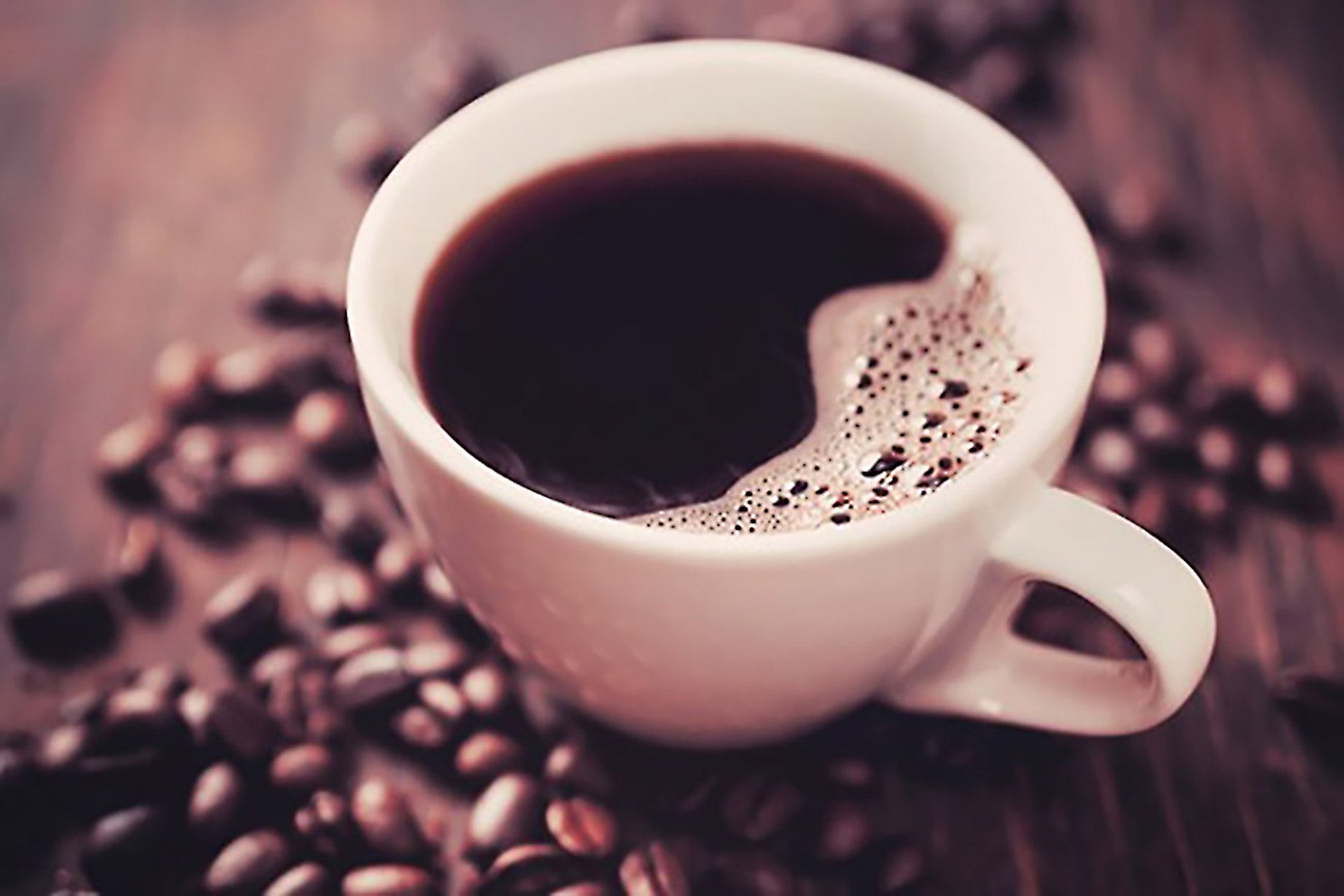Can Coffee Cause Cancer? Only If It's Very Hot, Says WHO. The International Agency for Research on Cancer (IARC) had previously rated coffee as 'possibly carcinogenic' but has changed its mind.
By Reuters
This story originally appeared on Reuters

There is no conclusive evidence that drinking coffee causes cancer, the World Health Organization's cancer agency said on Wednesday in a reverse of its previous warning, but it also said all "very hot" drinks are probably carcinogenic.
The International Agency for Research on Cancer (IARC) had previously rated coffee as "possibly carcinogenic" but has changed its mind.
It now says its latest review found "no conclusive evidence for a carcinogenic effect" of coffee drinking and pointed to some studies showing coffee may actually reduce the risk of developing certain types of cancer.
"This does not show that coffee is certainly safe ... but there is less reason for concern today than there was before," Dana Loomis, the deputy head of IARC's Monograph classification department told a news conference.
At the same time, however, IARC presented other scientific evidence which suggests that drinking anything very hot -- around 65 degrees Celsius or above -- including water, coffee, tea and other beverages, probably does cause cancer of the oesophagus.
Lyon-based IARC, which last year prompted headlines worldwide by saying processed meat can cause cancer, reached its conclusions after reviewing more than 1,000 scientific studies in humans and animals. There was inadequate evidence for coffee to be classified as either carcinogenic or not carcinogenic.
IARC had previously put coffee as a "possible carcinogen" in its 2B category alongside chloroform, lead and many other substances.
The U.S. National Coffee Association welcomed the change in IARC's classification as "great news for coffee drinkers".
The Institute for Scientific Information on Coffee, whose members are six of the major European coffee companies -- illycaffè, Jacobs Douwe Egberts, Lavazza, Nestlé, Paulig and Tchibo -- said IARC had found "no negative relationship between coffee consumption and cancer."
Let it cool
In its evaluation of very hot drinks, IARC said animal studies suggest carcinogenic effects probably occur with drinking temperatures of 65 Celsius or above. Some experiments with rats and mice found "very hot" liquids, including water, could promote the development of tumours, it said.
The agency said studies of hot drinks such as maté, an infusion consumed mainly in South America, tea and other drinks in several countries including China, Iran, Japan and Turkey, found the risk of oesophageal cancer "may increase with the temperature of the drink" above 65 Celsius.
"These results suggest that drinking very hot beverages is one probable cause of oesophageal cancer and that it is the temperature, rather than the drinks themselves, that appears to be responsible," said IARC's director, Christopher Wild.
Oesophageal cancer is the eighth most common cause of cancer worldwide and one of the main causes of cancer death, with around 400,000 deaths recorded in 2012.
The WHO's official spokesman in Geneva, Gregory Hartl, stressed that smoking and drinking alcohol were among the most serious risk factors for oesophageal cancer and urged people to focus on reducing these as a priority. He said IARC's evaluation of hot drinks was based on limited available evidence in humans and animals and more research is needed.
"We say: be prudent, let hot drinks cool down," he told Reuters, adding that the WHO's advice was to "not consume foods or drinks when they are at a very hot -- scalding hot -- temperature".
Drinking very hot beverages is now classified as probably carcinogenic in IARC's group 2A category, alongside red meat and nitrogen mustard.
But David Spiegelhalter, a professor of the Public Understanding of Risk at Britain's University of Cambridge, said he was concerned that IARC's review would confuse people.
"Last year the IARC said that bacon is carcinogenic, but it became clear that when eaten in moderation it is not very risky. In the case of very hot drinks, the IARC concludes they are probably hazardous, but can't say how big the risk might be," he said in an emailed comment. "This may be interesting science, but makes it difficult to construct a sensible response."
(Reporting by Kate Kelland; Editing by Pravin Char)






